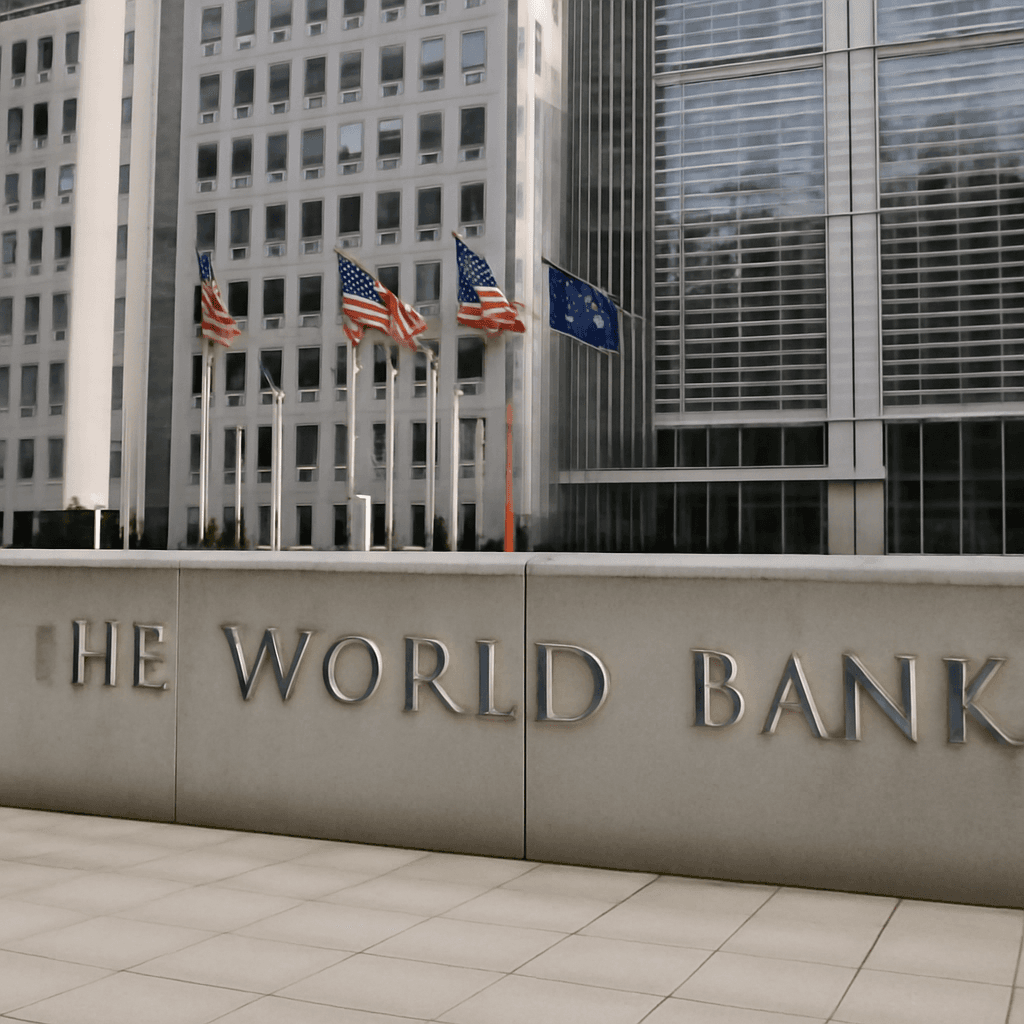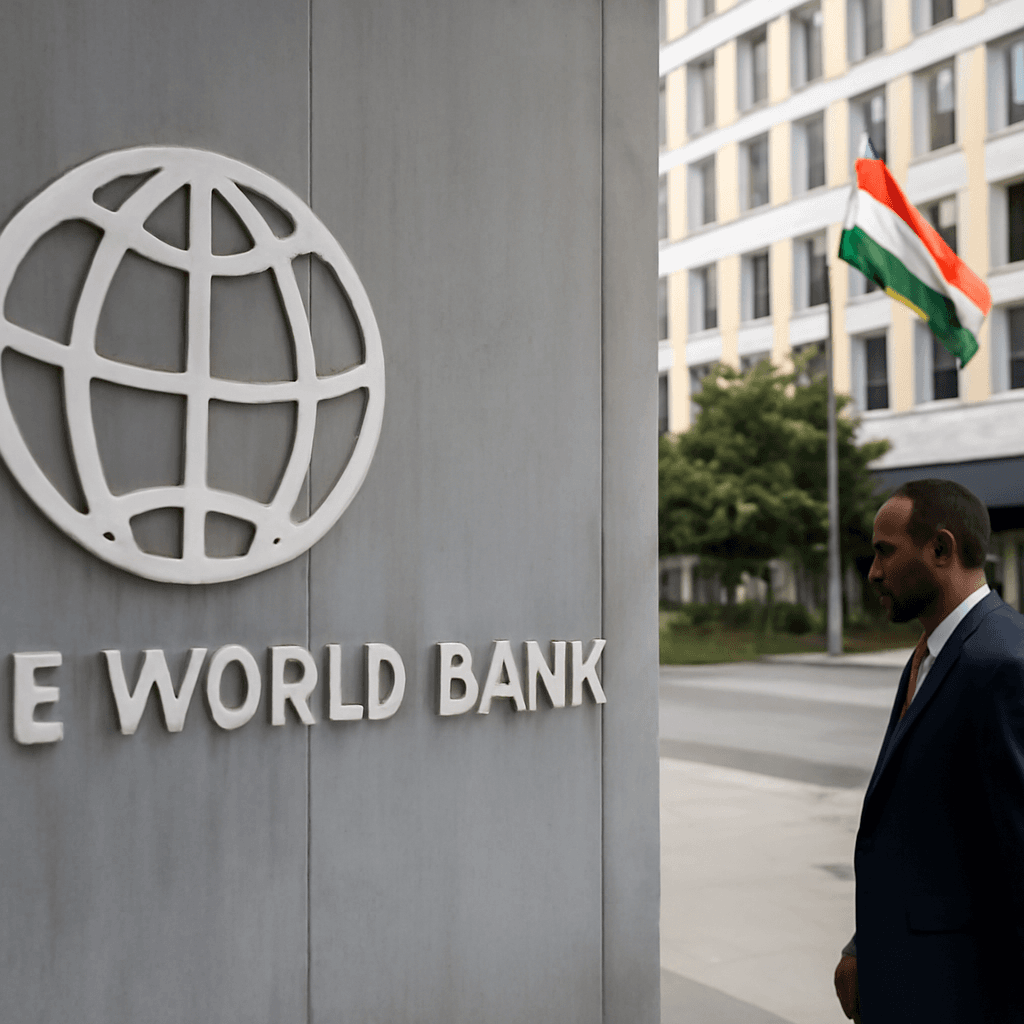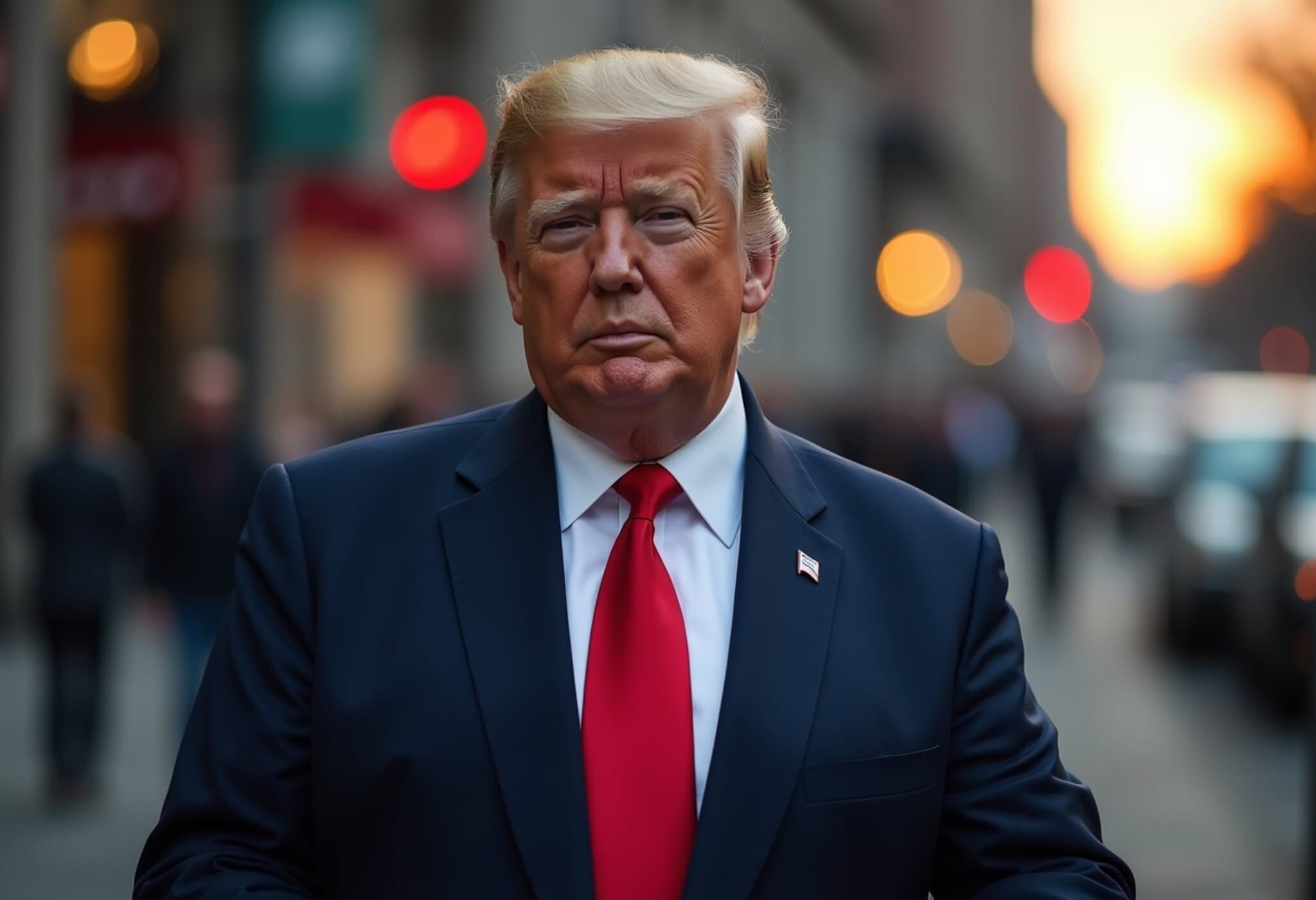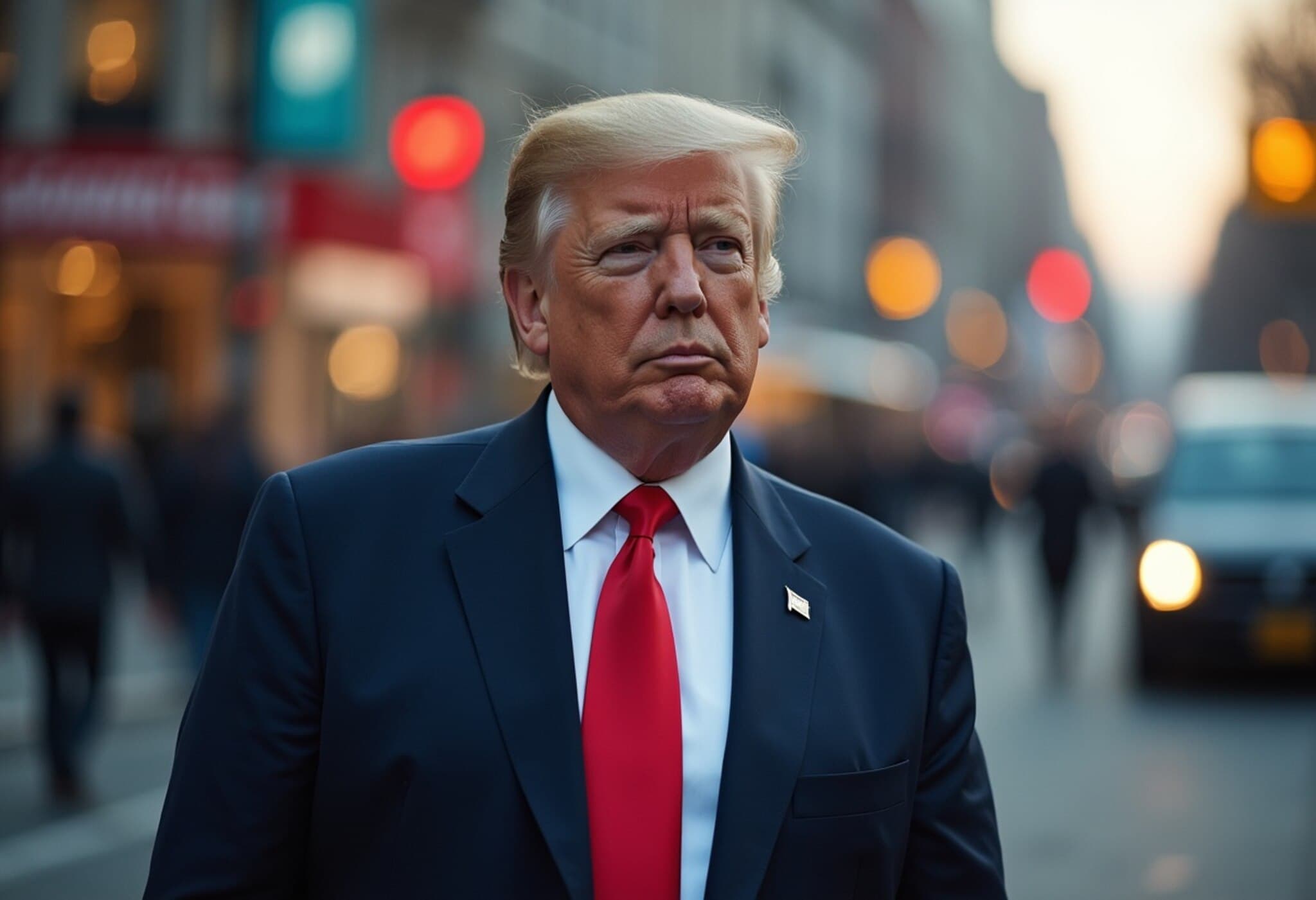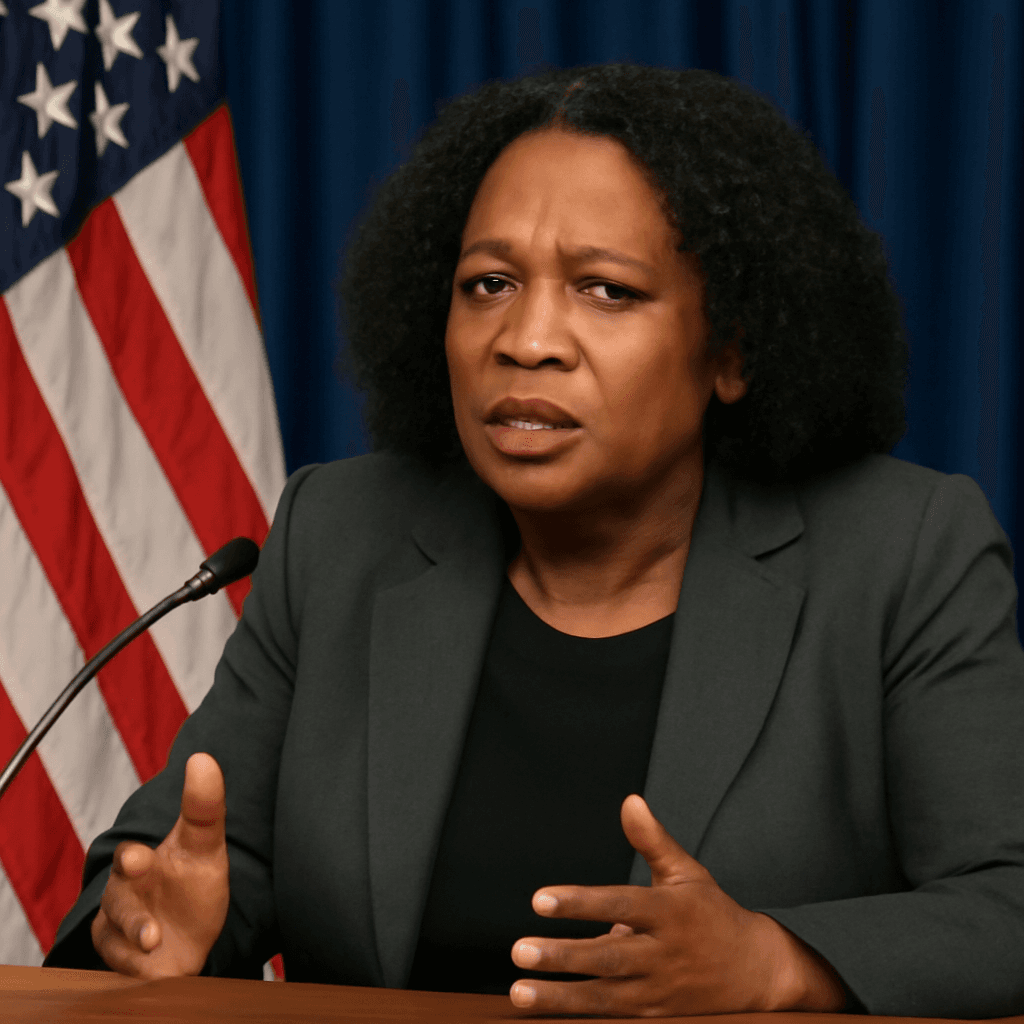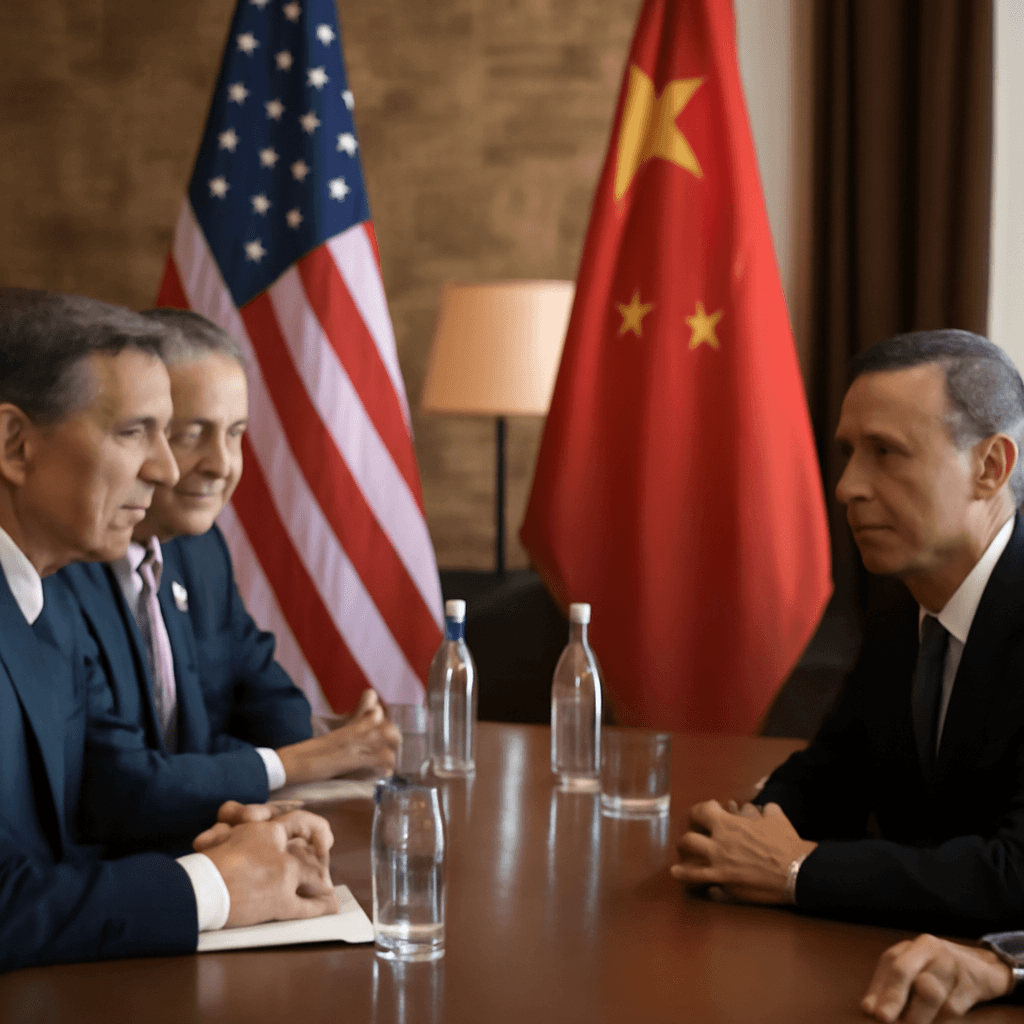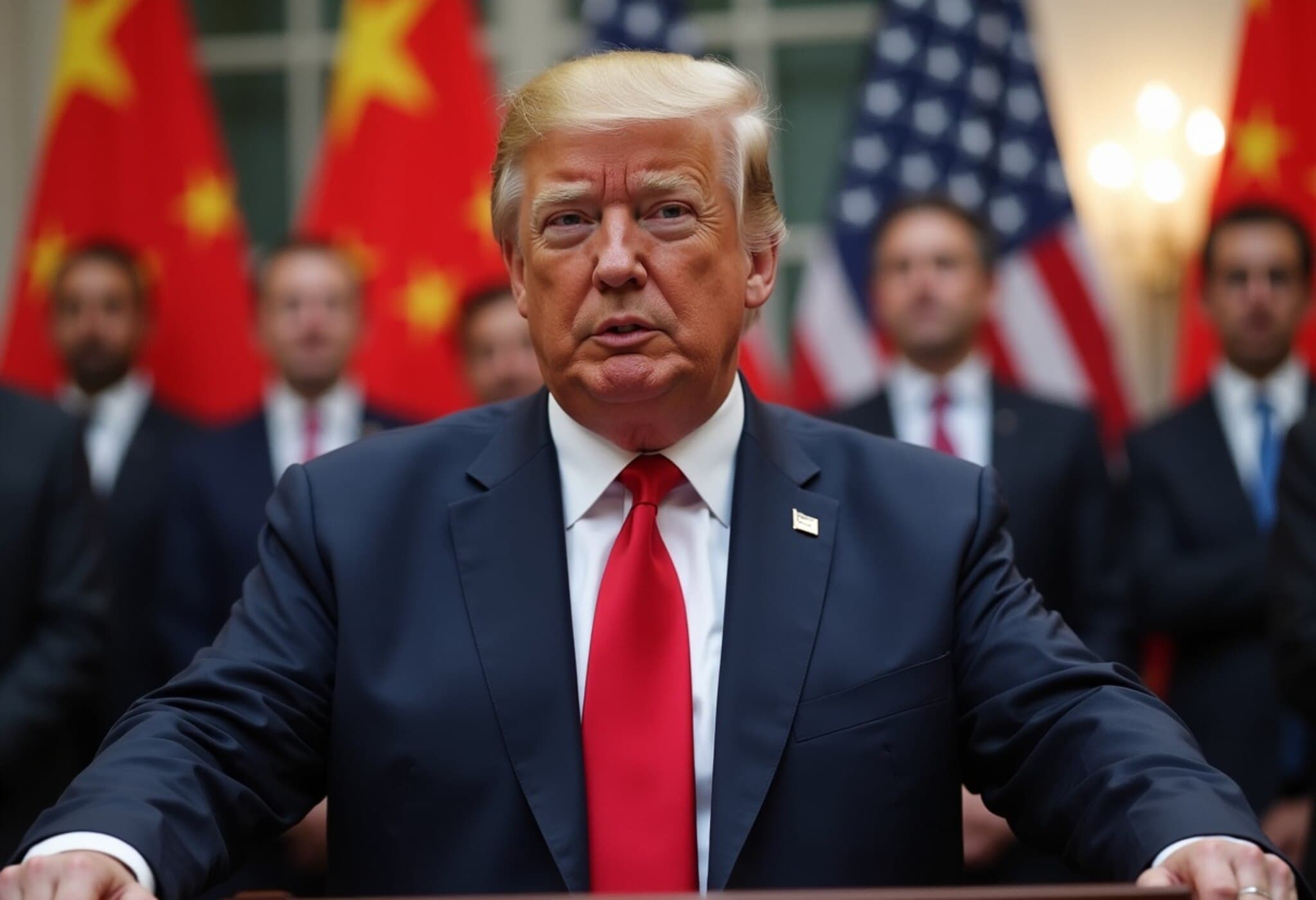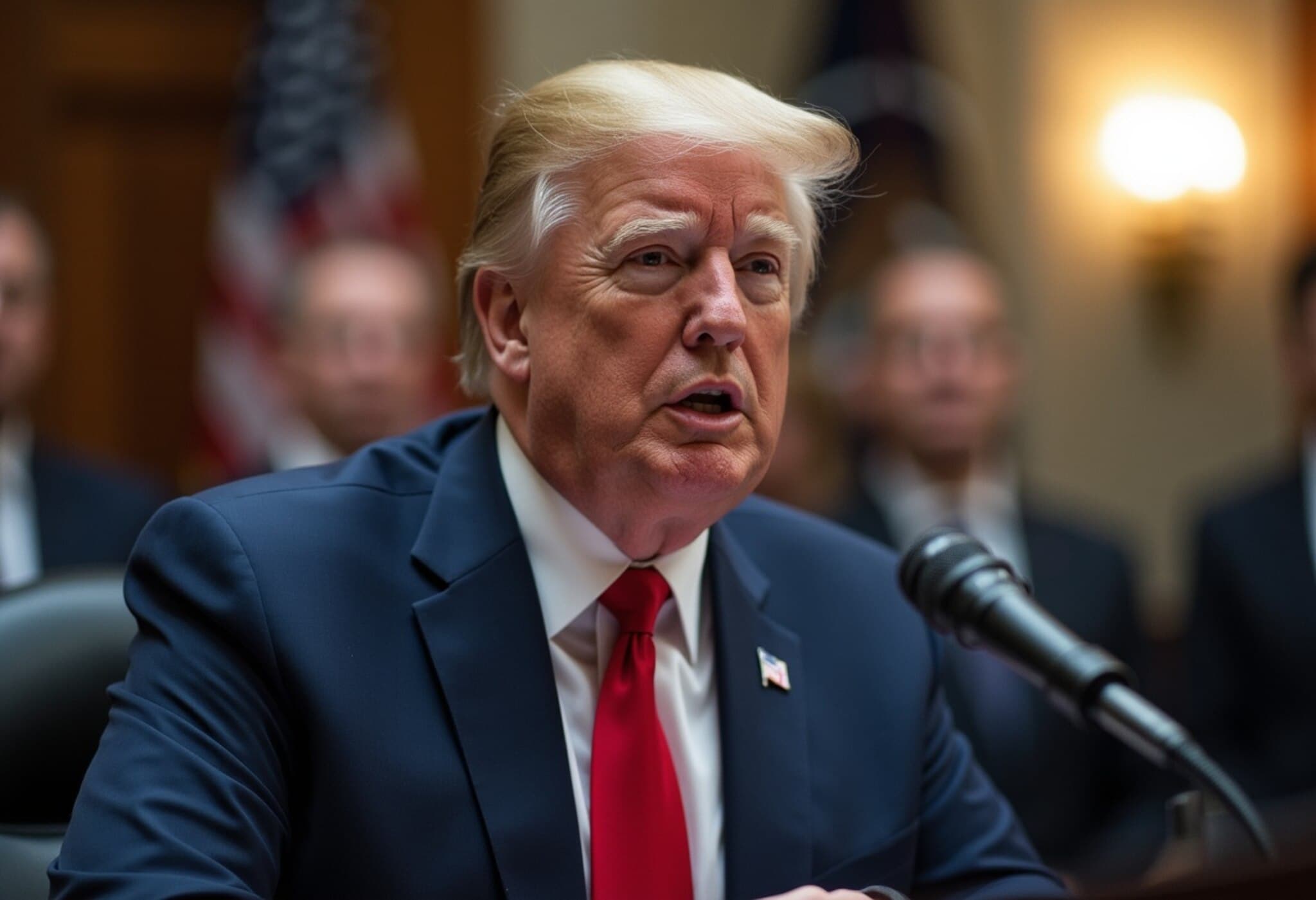ECB President Urges Cooperation Over Coercion in Global Trade
Christine Lagarde, President of the European Central Bank, issued a pointed warning against adopting aggressive trade tactics during a recent visit to Beijing. Speaking at the People’s Bank of China just hours after the US and China unveiled a preliminary trade agreement, Lagarde emphasized that coercive trade policies offer no lasting solution amid today's mounting economic frictions.
Rethinking Trade Tensions: The Cost of Protectionism
Without naming any specific country, Lagarde's remarks clearly alluded to recent US tariff policies seen as ‘bullying’ by many global observers. She cautioned that while protectionist measures may appear to address trade imbalances, they ultimately fail to tackle underlying issues and risk undermining the foundations of global prosperity.
"Coercive trade policies are not a sustainable solution to today’s trade tensions," she stressed. With global supply chains deeply intertwined yet geopolitical priorities diverging, she warned that the dangers of protectionism are more pronounced than ever.
Call for Shared Responsibility Amid Geopolitical Divides
Drawing from her extensive experience as a former trade minister and head of the International Monetary Fund, Lagarde urged both surplus and deficit countries to take responsibility in maintaining global economic stability. She urged a cooperative approach to overcome current tensions.
“If we are serious about preserving our prosperity, we must pursue cooperative solutions—even in the face of geopolitical differences.”
Strategic Resources and the Era of ‘De-Risking’ Supply Chains
The ECB chief also addressed recent developments around export controls and strategic resources, pointing to discussions in London that centered on rare earth elements and semiconductors—key components in modern technologies like electric vehicles and smartphones.
Highlighting China’s current dominance in these supply chains, Lagarde acknowledged the ongoing trend of countries seeking to reduce dependencies on others for essential industries, particularly in light of lessons learned during the pandemic.
“A certain degree of de-risking is here to stay,” she noted, acknowledging that national security concerns are reshaping trade dynamics worldwide.
Looking Ahead: A Tentative Step Toward Easing Trade Frictions
The recent US-China preliminary trade deal marks a rare moment of progress after years of escalating tariffs and tensions. However, experts warn that fundamental disagreements, especially in sectors linked to national security, remain challenging hurdles.
Lagarde’s remarks underscore the importance of collaboration over confrontation to foster sustainable global economic growth amid an increasingly complex geopolitical landscape.







